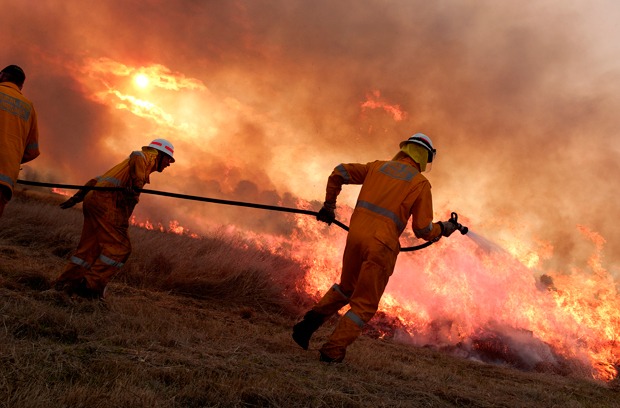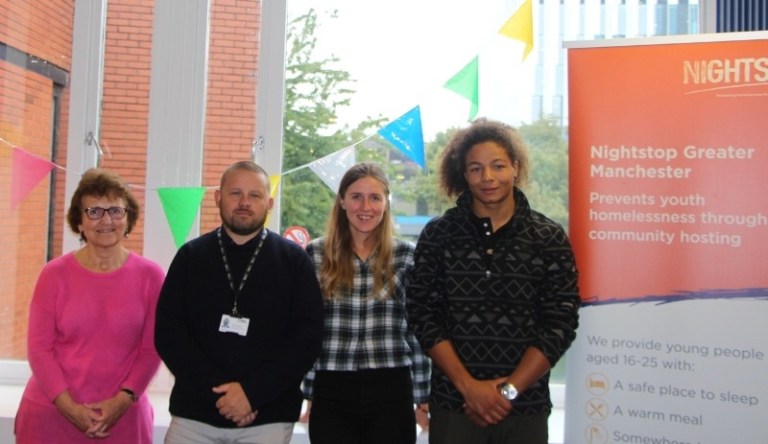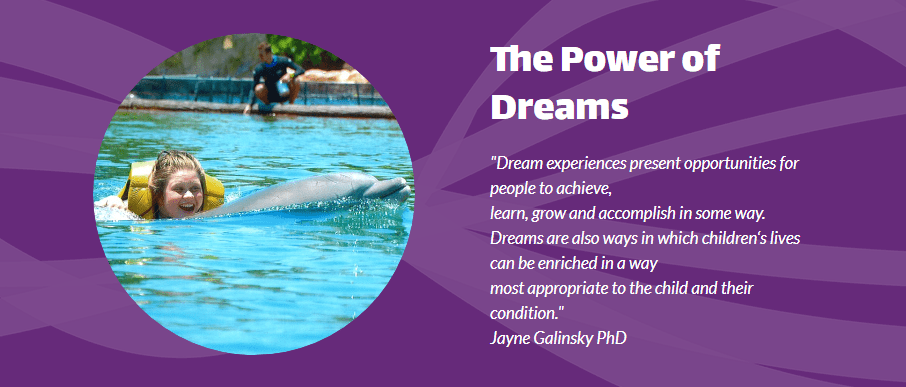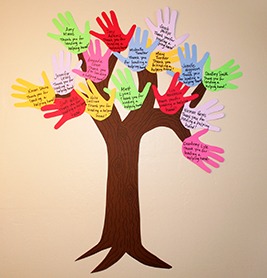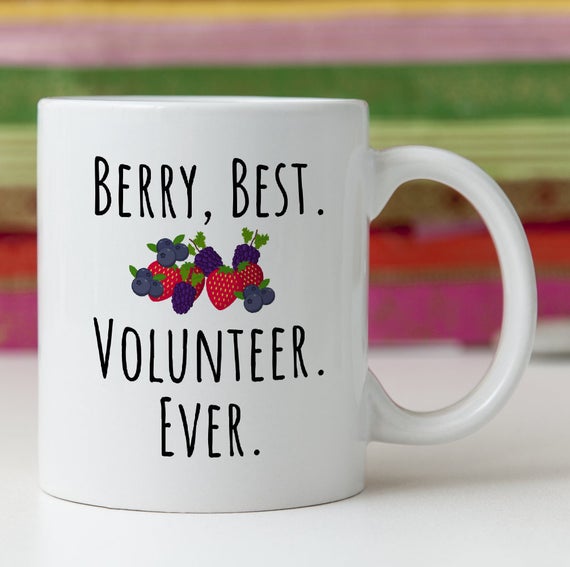TeamKinetic have added an entirely new set of roles and functions we call COMMUNITY TASKS to help our customers get volunteers to those people that need it most in the community. There is also an associated app for mobile!
https://teamkinetic.co.uk/blog/2020/04/08/faq-new-covid-features/
Communities across the country are already starting to rally in support of each other during this pandemic.
We’ve put together a video and step-by-step instructions below showing how to promote your COVID-19 related opportunities.
1 – Add tags and descriptions to your COVID-19 related opportunities.
In order for volunteers to find COVID-19 related opportunities you will need to have a way of identifying those opportunities in the system. You can do this by either making sure the opportunity title includes a key words like; covid, virus, corona, or pandemic, or add the words as TAGS to the opportunity.

Either of these solutions will allow the system and volunteers to be able to search and find the related opportunities via the normal search bar.
When you login you’ll find your custom search link in the COVID-19 notification bar. You can distribute this link via email and on your social media posts and when clicked will go straight to the COVID-19 search results.

2 – Add An Event Called COVID-19
An event is just a group of opportunities which have something in common. By adding a specific event name, that event will show at the top of the volunteers search results.

To use this method you will need to create an event called ‘COVID-19’ and EDIT your opportunities and mark them as PART OF A LARGER EVENT

3 – Email all volunteers about COVID-19 related opportunities
We have added a button at the top the dashboard when you login as admin:

This button will automatically email your volunteers a list of all virus related opportunities (email shown below).

If you would like to only email specific volunteers then you can email the special link shown when you login as administrator.

When clicked this link will go to the COVID-19 search results.
Further help
If you have trouble setting any of this up, please open a support ticket and we’ll try to help.
Stay safe.


















